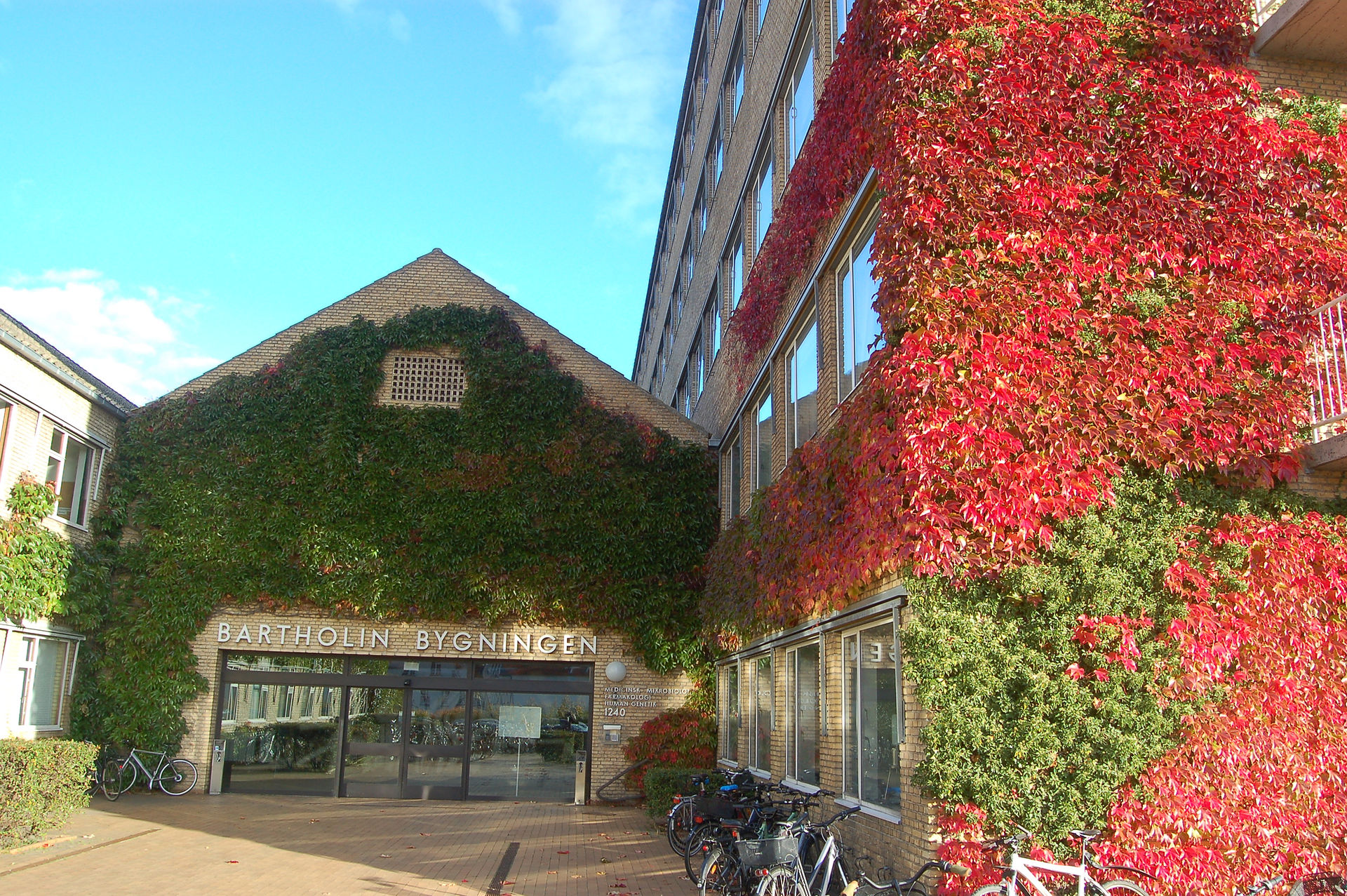
Giehm
Lab

Funding: The Danish Research Council for Independent Research
From September 1, 2014, part of the work in the Giehm lab has been funded by the Danish Council for Independent Research Medical Sciences
(grant ID: DFF-4004-00220)
Updates and news about our DRC-funded research are povided here as the project progresses
Project title: Programmable nucleases for tailored genetic surgery in studies of disease and therapy
Summary
Engineered nucleases have emerged as powerful tools for precise surgery of the human genome. However, the relevance of these technologies for biomedical experimentation and clinical use relies on safe means of delivering nucleases to cells of interest. The overall objective of this proposal is to provide new means of achieving efficient and safe editing of disease-causing mutations in the genome. Based on new advanced approaches for cellular protein delivery, recently developed in our laboratory, we will study targeted correction, modification, and insertion of genes in patient-derived cells, induced stem cells, and animal disease models. Our ambitions are to unveil molecular disease pathologies by cutting-edge gene-editing methodologies and to contribute at the highest international level in endeavors to develop and target individualized genetic surgery.
Introduction
As human beings, we are facing a genetic reality in constant development. Today, technological advances permit fast, cheap, and easy accessible mapping of the genome of individuals. Millions of genetic variations see the light of day, and we are constantly sharpening our understanding of the importance of such variability for development of disease. With a growing base of genetic knowledge, hopes are emerging that disease-causing mutations can be corrected by designed ‘molecular scissors’ targeting predetermined regions in the genome. So far, this has not been technically feasible, but new technologies based on the cellular expression of programmable nucleases have proven to induce genomic editing with unprecedented efficiency and high specificity. Such nucleases induce breaks in the DNA in a genomic site defined by the customizable DNA binding properties of the protein, leading - in the presence of a donor sequence - to mutation repair by cellular processes of homologous recombination. Combined with the emergence of stem cell-based therapies and the successful production of induced pluripotent stem cells (iPSCs) from somatic cells, we are beginning to comprehend the potential of individualized genetic medicines based on targeted genetic ‘surgery’ of the human genome.
Aims and perspectives
Our overall objective is to provide new means of achieving safe and efficient editing of disease-causing mutations in the genome. Based on new advanced approaches for genetic engineering, recently developed in our laboratory, we will study the repair of erroneous genes in patient-derived cells and animal disease models and implement new genomic tools in investigations of gene correction and site-directed gene insertion in stem cells. We hypothesize that delivery of nuclease proteins by lentivirus-derived nanoparticles (LNPs) provides efficient and safer editing of the human genome. The results generated in the project will lead to new discoveries concerning gene editing in animals and cells with focus on technology development and studies of disease in patient-derived fibroblasts and induced stem cells. Further studies of protein transfer may allow us to apply this technology for other purposes, including iPSC production. As gene therapy is coming of age, new genetic intervention strategies may offer persistent and low-cost alternatives to current treatment modalities. With the current proposal, we are uniting expertises in genomic editing and preclinical modeling. Together with leading international partners, our ambitions are to contribute at the highest international level in endeavors to develop and target individualized genetic surgery.